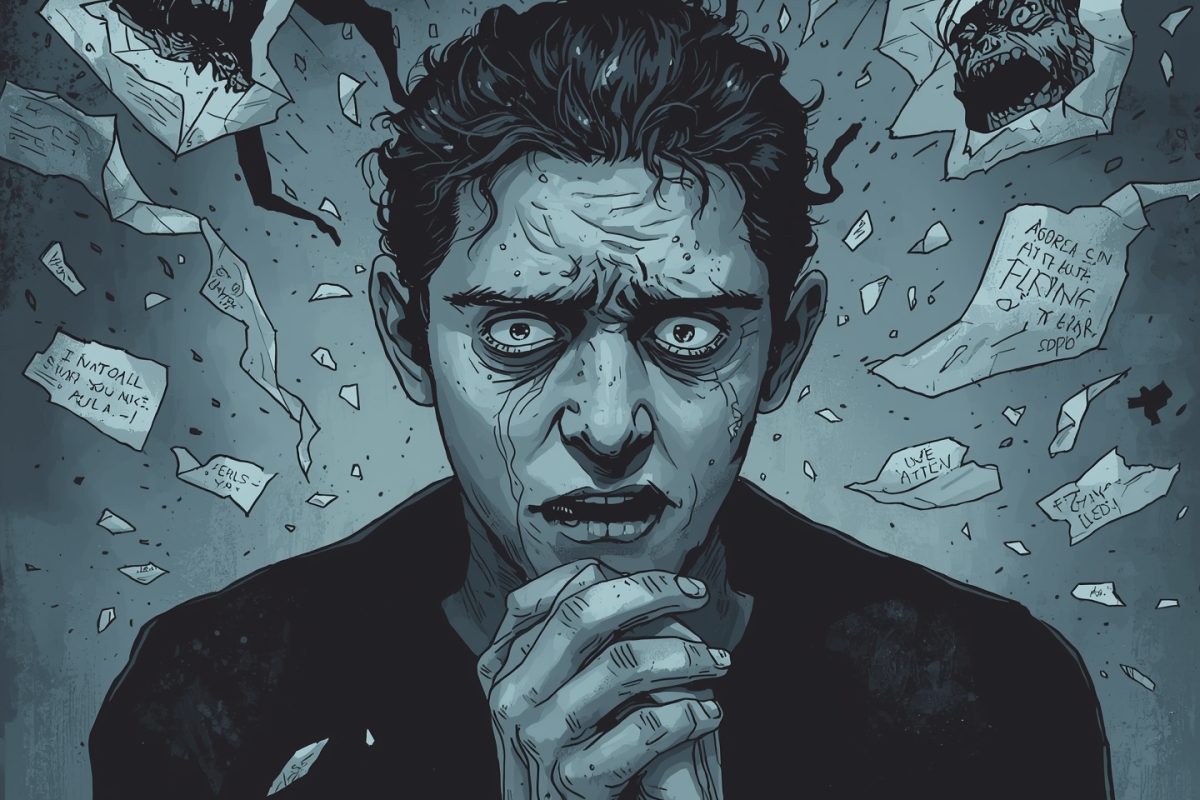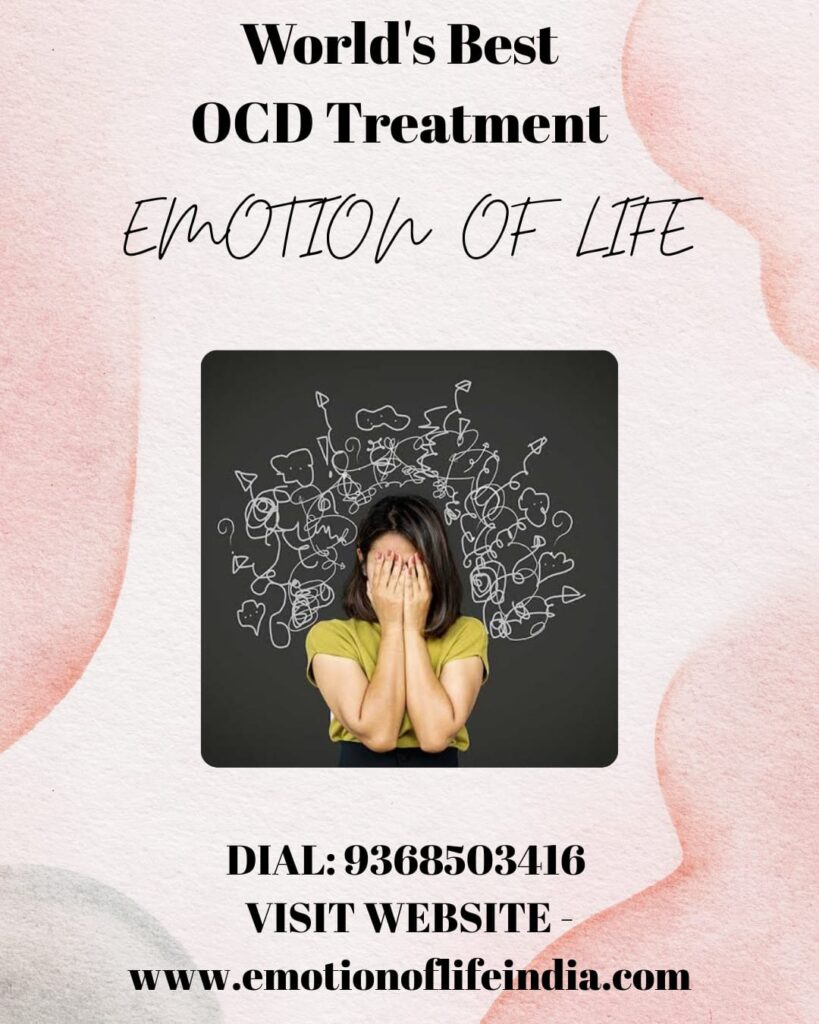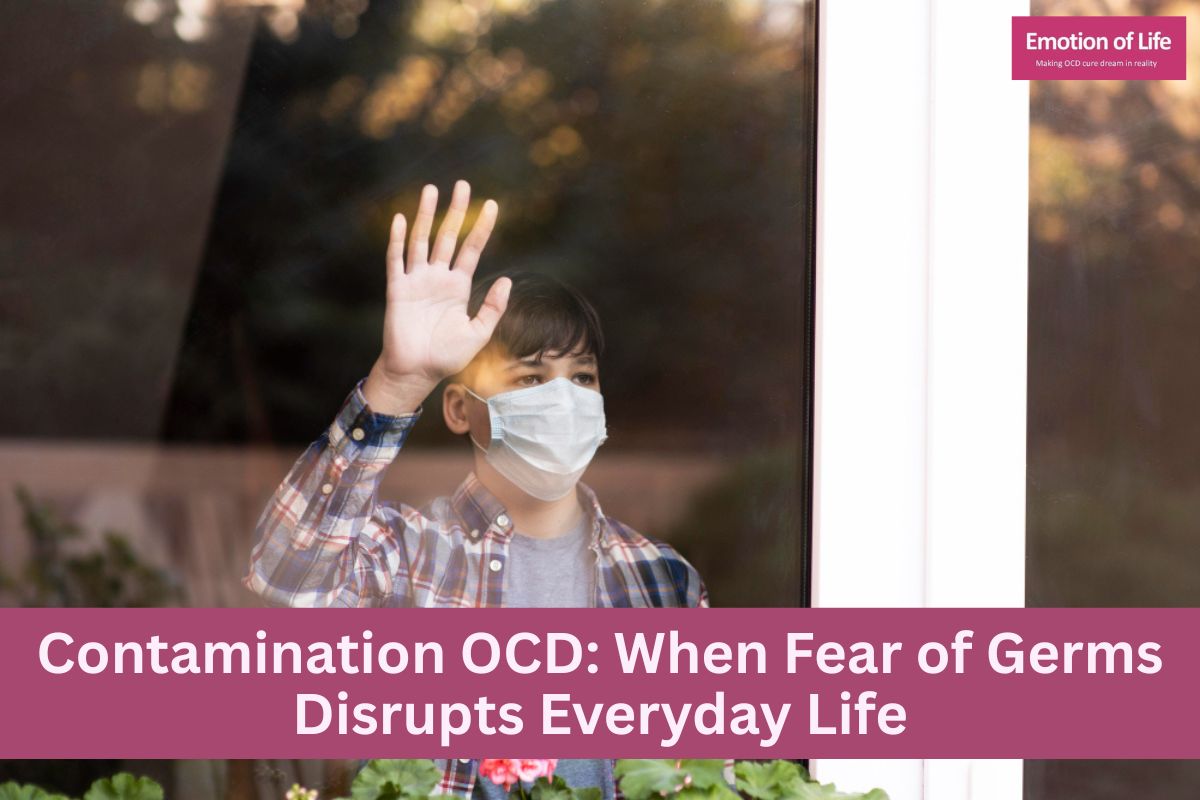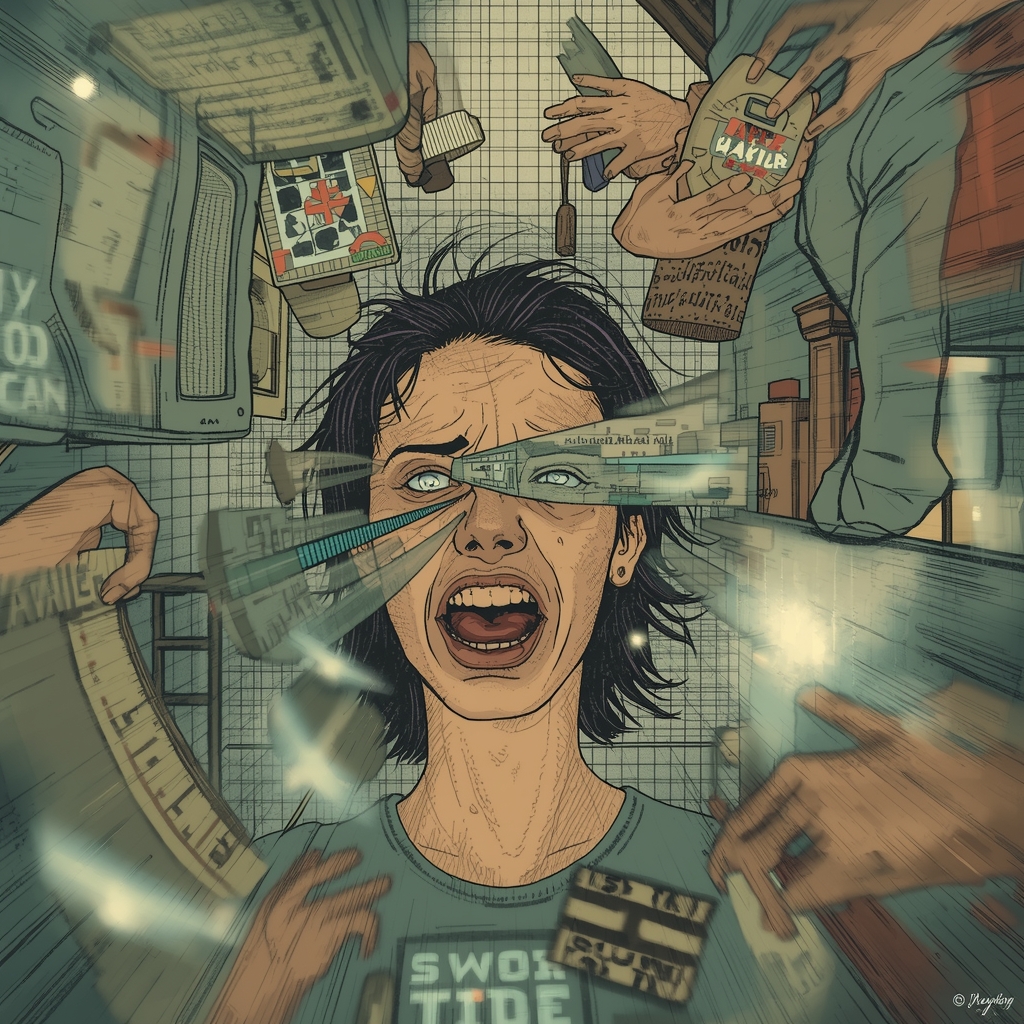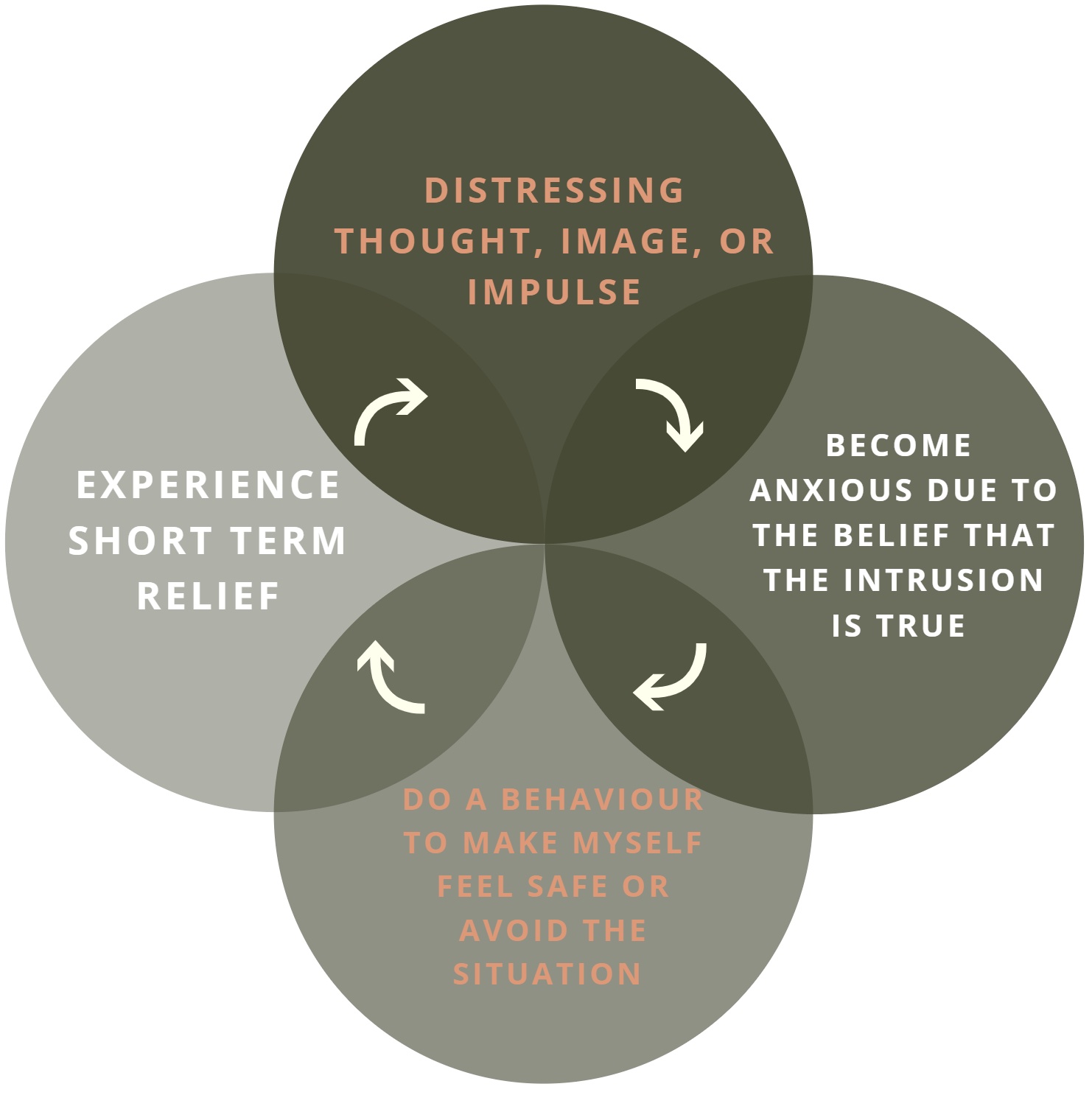Paedophilia OCD Treatment
Paedophilia OCD Treatment, People with Paedophilia Obsessive-Compulsive Disorder, also known as POCD, often experience intense fears that they might be sexually attracted to children, including their own if they are parents. They may also worry that they could harm a child in a sexual way, whether knowingly or without awareness. These individuals are deeply distressed by repeated, intrusive thoughts or mental images involving children in inappropriate sexual situations. These thoughts bring strong feelings of anxiety, shame, and disgust.
Unlike individuals with Paedophilia OCD who experience sexual arousal and gratification from such thoughts—those with POCD are frightened by them and fear they might enjoy them, even though they don’t. This fear can lead to constant doubt and mental checking, often consuming hours each day. As a result, people with POCD frequently struggle to maintain normal routines at work, school, or in social settings due to the overwhelming nature of their obsessive thoughts.
Difference between Paedophilic Disorder and Paedophilia OCD
- Experiences sexual attraction toward children → Experiences intrusive fears about being sexually attracted to children
- Seeks out the company of children and desires emotionally or physically inappropriate closeness → Avoids or limits interactions with children due to anxiety triggered by intrusive thoughts
- Engages in grooming behaviors aimed at facilitating sexual contact with children → Deliberately avoids children or any potential reminders to prevent distress related to unwanted thoughts
- Derives sexual arousal and gratification from thoughts or actions involving children → Experiences significant emotional distress, including anxiety, shame, and in some cases suicidality, in response to intrusive and unwanted thoughts
Compulsions Caused by Paedophilia OCD (POCD)
Clients experiencing POCD, Paedophilia OCD Treatment often engage in various repetitive behaviors, both visible and internal. Mental compulsions are especially prevalent, frequently manifesting as excessive mental reviews of their interactions with children. This process involves replaying past encounters in their minds to scrutinize whether any inappropriate sexual thoughts or POCD occurred during those interactions.
For example, a client may repeatedly ask themselves questions like, “Did I think about or look at the child’s genital area when we were talking?” or “When I was changing my daughter’s diaper, did I stare at or touch her inappropriately?” These intrusive mental checks can become distressing obsessions as the individual struggles to determine if they have violated any boundaries.
Rumination often occurs in POCD and Paedophilia OCD Treatment is strongly connected to these repetitive mental checks. Individuals use rumination as a way to seek certainty or reassurance that they have not engaged in any inappropriate conduct. Additionally, other mental rituals may include repeating certain words, phrases, or images to soothe anxiety or distract from distressing thoughts. For instance, a client who experiences intrusive sexual images of her daughter may try to counteract these with ‘safe’ mental images—such as her daughter smiling in a chair or the comforting face of her husband.
Physical checking is another common compulsion, where clients examine their own bodies for signs of sexual arousal related to children. During this process, normal bodily sensations or movements in the genital area—especially when triggered by intrusive POCD thoughts—may be misinterpreted as evidence of inappropriate sexual attraction, further exacerbating anxiety and distress.
Reassurance-seeking in POCD, Paedophilia OCD Treatment
Paedophilia OCD Treatment (POCD) can manifest in various ways, such as persistent self-reassurance, repeatedly seeking confirmation from others, confessing intrusive thoughts, or compulsively researching online and reviewing related materials in an attempt to understand or explain their obsessions. Avoidance is also a common coping mechanism; individuals with POCD may go to great lengths to avoid children altogether to prevent triggering their feared thoughts or behaviors.
This avoidance can create significant challenges, particularly for those whose professions involve working with children or who have children themselves. Despite the relatively high prevalence of sexual obsessions within OCD, many mental health professionals lack sufficient training to accurately recognize, assess, and develop tailored treatment plans for clients experiencing intrusive sexual thoughts. As a result, POCD is often misunderstood or inadequately addressed. It is crucial for individuals suffering from POCD to seek treatment from clinicians with specialized expertise in OCD.
Treatment of POCD, Paedophilia OCD Treatment
Effective management as Paedophilia OCD Treatment of POCD requires a thorough case history and may benefit from incorporating psychoanalytic perspectives to guide therapeutic planning. Treatment should combine strategic cognitive-behavioral therapy (CBT) and exposure and response prevention (ERP), alongside family therapy when appropriate, depending on the client’s age and the extent to which POCD impacts their daily life.
FAQs – Paedophilia OCD Treatment – Emotion of Life
1. What is Paedophilia OCD (POCD)?
Paedophilia OCD (POCD) is a subtype of OCD where a person experiences unwanted, intrusive thoughts or fears about harming children sexually — even though they have no desire or intention to act on these thoughts. These thoughts are ego-dystonic, meaning they go against the person’s values, which causes extreme distress and guilt.
2. How is Paedophilia OCD different from actual paedophilic tendencies?
In POCD, thoughts are intrusive, unwanted, and resisted. Individuals feel shame, anxiety, and fear, and they do not act on these thoughts. True paedophilia involves actual sexual attraction and intent, which is completely different from POCD. At Emotion of Life, OCD Specialist Shyam Gupta focuses on psychoeducation to help clients understand this distinction clearly.
3. Can POCD be treated without medication?
Yes. At Emotion of Life, we specialize in OCD treatment without medicine through evidence-based methods like Cognitive Behavioural Therapy (CBT), Exposure & Response Prevention (ERP), rational thinking training, and wellness coaching. Many clients have successfully recovered from POCD using our structured daily-session program.
4. What does the treatment process at Emotion of Life look like?
Treatment begins with an initial discussion to understand the client’s OCD patterns, severity, and goals. This is followed by a comprehensive assessment and the development of a structured recovery plan. Daily ERP sessions, thought restructuring, and lifestyle balancing are provided by Shyam Gupta and his team for lasting recovery.
5. How long does it take to recover from Paedophilia OCD with Emotion of Life?
Recovery time varies depending on severity and duration of OCD. Many clients start seeing improvement within weeks, and full recovery can occur over a few months with daily therapy and active participation. Our OCD Recovery and Cure Program is designed to deliver measurable progress every week.
Paedophilia OCD Treatment – Recovery Success Stories – Emotion of Life
Success Story 1: Aarav, 29, Bengaluru – Overcoming POCD After 8 Years
Aarav had been living with intrusive sexual thoughts about children for over 8 years. He felt ashamed, isolated, and constantly feared being a danger to others. After finding Emotion of Life, Aarav connected with OCD Specialist Shyam Gupta, who reassured him that his thoughts were symptoms of POCD, not his identity.
Through 4 months of structured daily ERP sessions, thought restructuring, and lifestyle coaching, Aarav learned to detach from intrusive thoughts and regain confidence. Today, Aarav lives free from POCD, actively working as a teacher and mentor — something he thought he would never do again. He calls the program “a turning point that gave me my life back.”
Success Story 2: Neha, 34, Mumbai
Neha developed POCD after the birth of her first child, plagued by terrifying intrusive thoughts she did not understand. She avoided being alone with her child and became severely depressed. After searching online for non-medication-based OCD treatment, she found Emotion of Life and joined the OCD Recovery and Cure Program.
With Shyam Gupta’s guidance, Neha completed 3.5 months of CBT, ERP, and rational thought training. She learned to tolerate and dismiss intrusive thoughts without panic. Today, Neha enjoys motherhood with confidence and no longer fears being around children. She now openly advocates mental health awareness in her community.
Conclusion – Recovery from POCD with Emotion of Life
Paedophilia OCD (POCD) can feel like one of the most isolating and misunderstood forms of OCD. Yet, as the success stories of Aarav and Neha show, recovery is absolutely possible. With the right guidance, structured therapy, and a non-judgmental space, intrusive thoughts can lose their power, and life can return to normal.
At Emotion of Life, under the leadership of OCD Specialist Shyam Gupta, our OCD Recovery and Cure Program provides a safe and science-backed path to freedom from POCD. We focus on dismantling fear, building rational thinking, and practicing ERP in a compassionate, private, and results-oriented environment.
If you or a loved one are struggling with POCD, remember: your thoughts do not define you, and recovery is within reach. With dedication, professional support, and our evidence-based methods, you too can reclaim your confidence, peace of mind, and joy in everyday life.
Contact Emotion of Life
Call now: +91 9368503416
Website: www.emotionoflife.in
Email: info@emotionoflife.in
Book Now | Recover Client Review | OCD Types | Meet Our Experts | Success Stories | Contact Us | MyPsychologist


